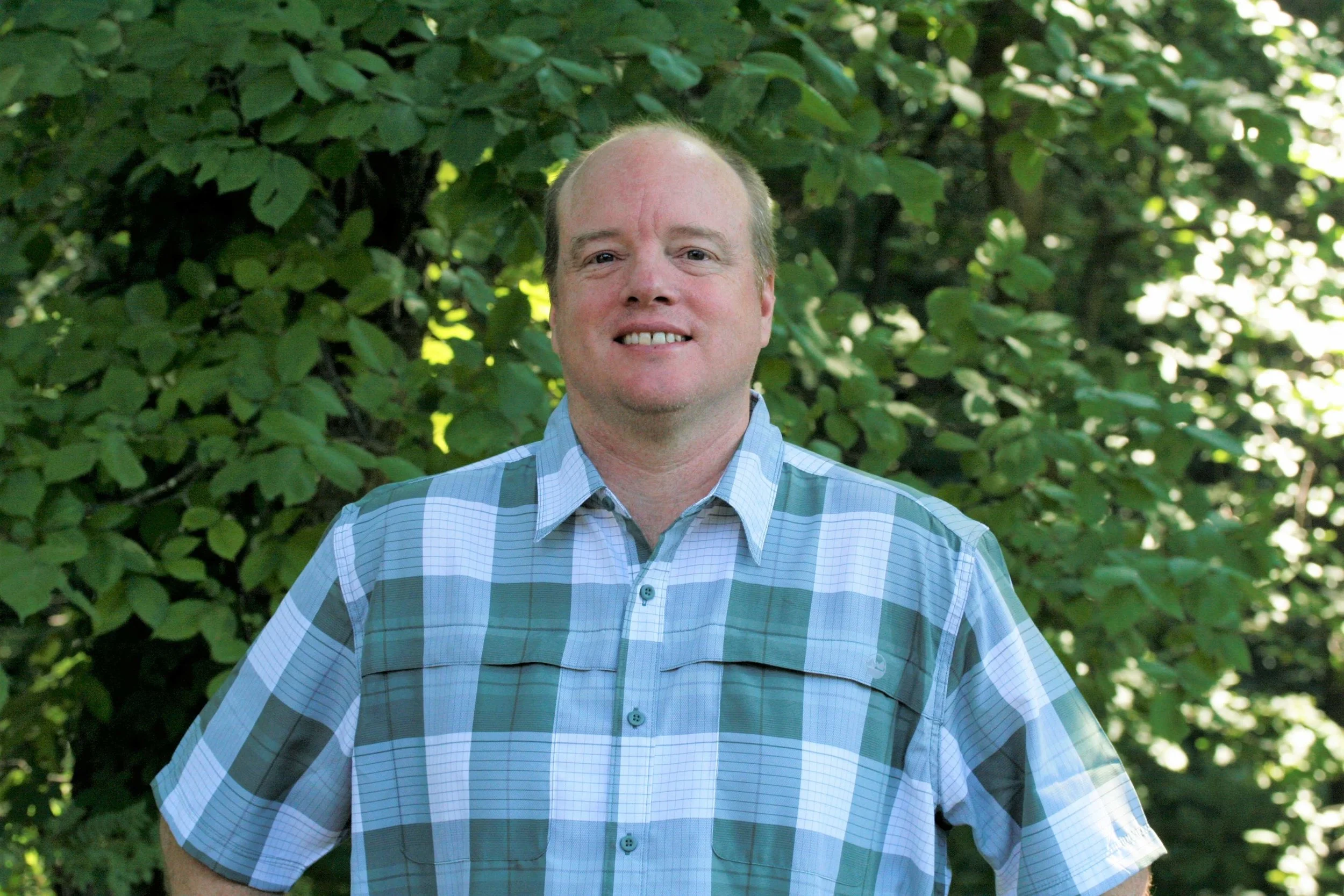Scott Mangan
Assistant Professor
Do you see your work as important because of the human connection or important on its own merits?
“A little of both. I’m really interested in what maintains plant diversity, especially in the tropics. In the tropics, I have been testing whether interactions between plants and their soil microbes determine tropical forest diversity. When I came to WashU, my students and I became more interested in applying this knowledge to restoration and agriculture. For example, my graduate student, Rachel Becknell, is interested in determining whether plant microbes are important to the successful restoration of tallgrass prairies. So my research interests have expanded to include the application to people.”
Did you ever meet a plant you didn’t like?
“I met a group of plants I didn’t like, and I wound up working with them. There is a group of woody vines called lianas, they occur in most areas and are especially common in the tropics. In Missouri, our most common lianas are grape vines. As an undergraduate student, I started working in the tropics with small mammals and had to carry traps and gear throughout the forest. While hiking in the jungle, we were constantly slipping and sliding with our 50-pound backpacks. It was these lianas that would make us trip and fall! So I didn’t really like lianas. But later, as a postdoc, I wound up working with them on a large project aimed at determining their importance to forest diversity.”
Scott leads the Natural Enemies team. Learn more about their plant-microbial communities research here.

